US Constitution -
Legislative Branch
U.S. House of Representatives
U.S. Senate — 100 Senators (2 x 50 states)
Executive Branch
Judicial Branch
Increased use of Executive Orders.
More (very long quote from Elk v. Wilkins):
The alien and dependent condition of the members of the Indian tribes could not be put off at their own will without the action or assent of the United States. They were never deemed citizens of the United States except under explicit provisions of treaty or statute to that effect either declaring a certain tribe, or such members of it as chose to remain behind on the removal of the tribe westward, to be citizens or authorizing individuals of particular tribes to become citizens on application to a court of the United States for naturalization and satisfactory proof of fitness for civilized life, for examples of which see treaties in 1817 and 1835 with the Cherokees, and in 1820, 1825, and 1830 with the Choctaws…
Chief Justice Taney, in the passage cited for the plaintiff from his opinion in Scott v. Sandford, 19 How. 393, 60 U. S. 404, did not affirm or imply that either the Indian tribes, or individual members of those tribes, had the right, beyond other foreigners, to become citizens of their own will, without being naturalized by the United States. His words were:
"They [the Indian tribes] may without doubt, like the subjects of any foreign government, be naturalized by the authority of Congress and become citizens of a state and of the United States, and if an individual should leave his nation or tribe, and take up his abode among the white population, he would be entitled to all the rights and privileges which would belong to an emigrant from any other foreign people."
But an emigrant from any foreign state cannot become a citizen of the United States without a formal renunciation of his old allegiance, and an acceptance by the United States of that renunciation through such form of naturalization as may be required law.
The distinction between citizenship by birth and citizenship by naturalization is clearly marked in the provisions of the Constitution, by which
"No person, except a natural born citizen or a citizen of the United States at the time of the adoption of this Constitution shall be eligible to the office of President,"
and "The Congress shall have power to establish an uniform rule of naturalization." Constitution, Article II, Section 1; Article I, Section 8.
By the Thirteenth Amendment of the Constitution, slavery was prohibited. The main object of the opening sentence of the Fourteenth Amendment was to settle the question, upon which there had been a difference of opinion throughout the country and in this Court, as to the citizenship of free negroes (Scott v. Sandford, 19 How. 393), and to put it beyond doubt that all persons, white or black, and whether formerly slaves or not, born or naturalized in the United States, and owing no allegiance to any alien power, should be citizens of the United States and of the state in which they reside. Slaughterhouse Cases, 16 Wall. 36, 83 U. S. 73; Strauder v. West Virginia, 100 U. S. 303, 100 U. S. 306.
This section contemplates two sources of citizenship, and two sources only: birth and naturalization. The persons declared to be citizens are "all persons born or naturalized in the United States, and subject to the jurisdiction thereof." The evident meaning of these last words is not merely subject in some respect or degree to the jurisdiction of the United States, but completely subject to their political jurisdiction and owing them direct and immediate allegiance. And the words relate to the time of birth in the one case, as they do to the time of naturalization in the other. Persons not thus subject to the jurisdiction of the United States at the time of birth cannot become so afterwards except by being naturalized, either individually, as by proceedings under the naturalization acts, or collectively, as by the force of a treaty by which foreign territory is acquired.
Indians born within the territorial limits of the United States, members of and owing immediate allegiance to one of the Indiana tribes (an alien though dependent power), although in a geographical sense born in the United States, are no more "born in the United States and subject to the jurisdiction thereof," within the meaning of the first section of the Fourteenth Amendment, than the children of subjects of any foreign government born within the domain of that government, or the children born within the United States of ambassadors or other public ministers of foreign nations.
Alaska and Hawaii and Puerto Rico
9. U.S. Constitution Article II, Section 8:
10. U.S. Constitution Article IV, Section 2





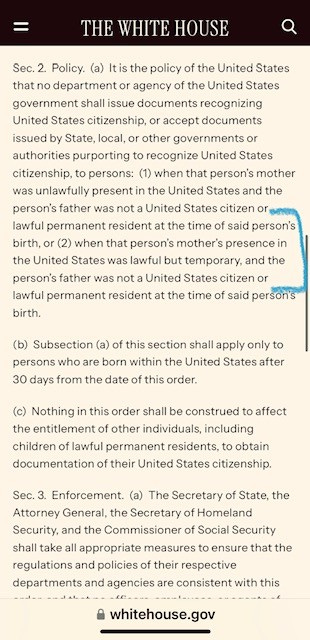




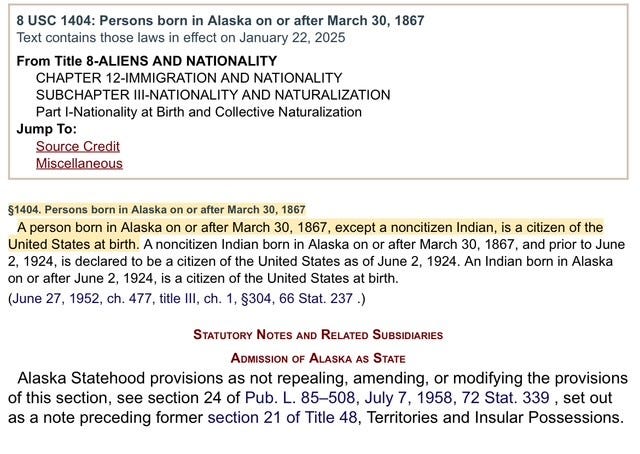
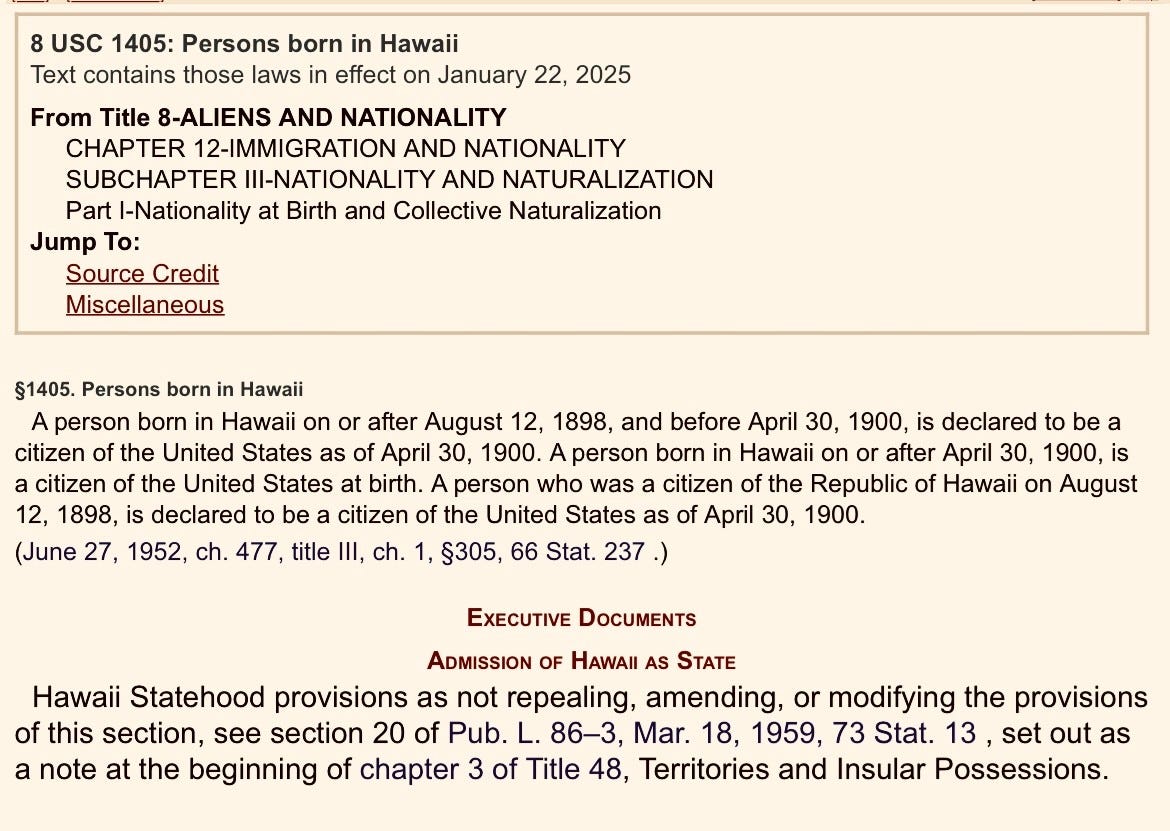
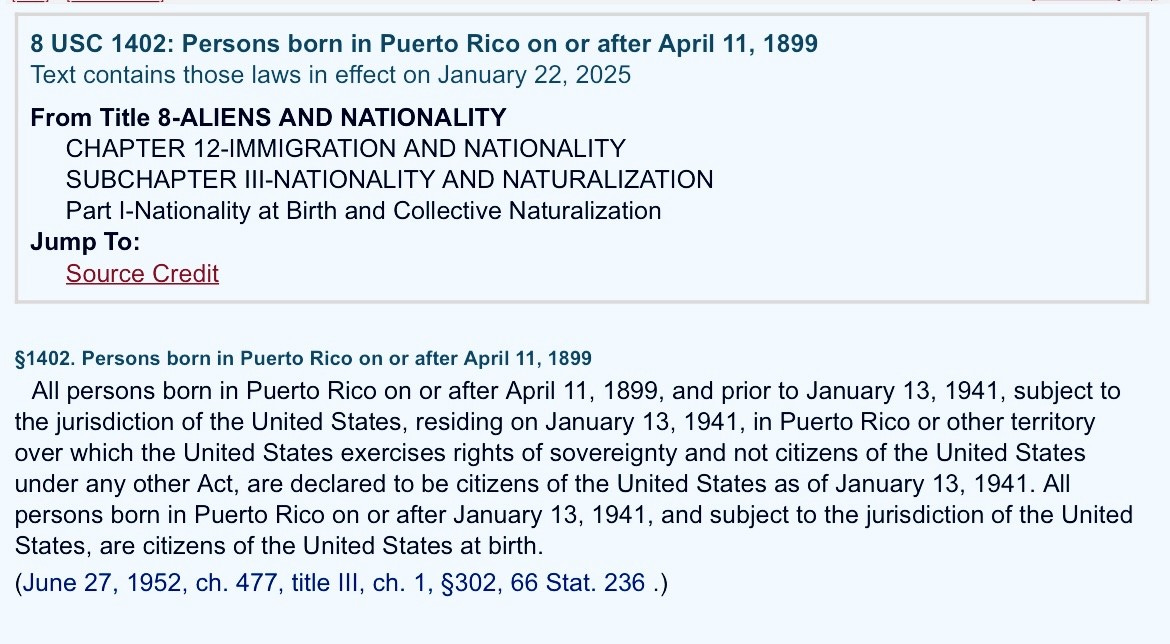

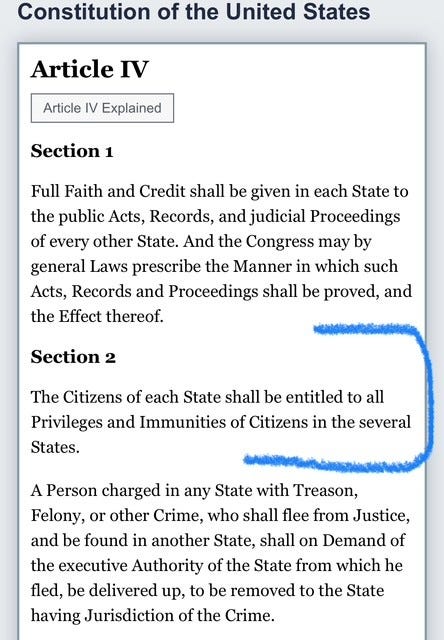








Share this post